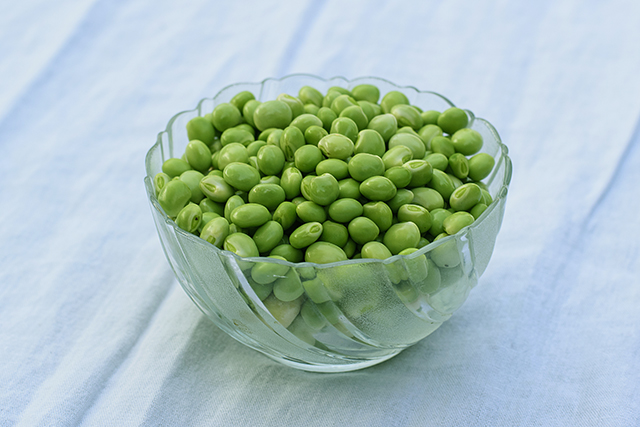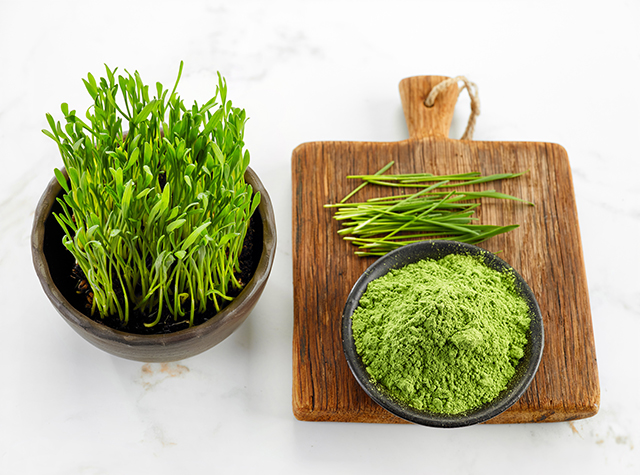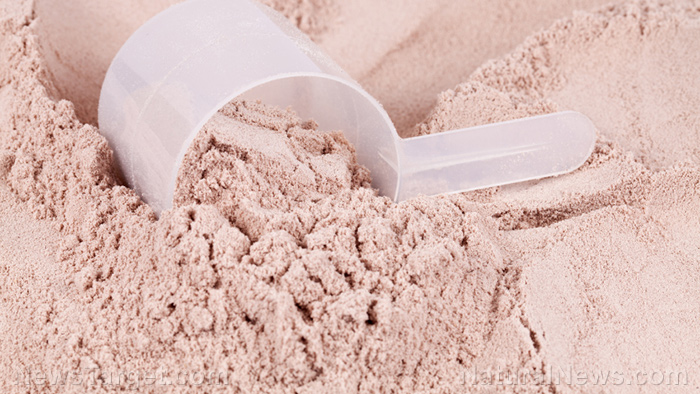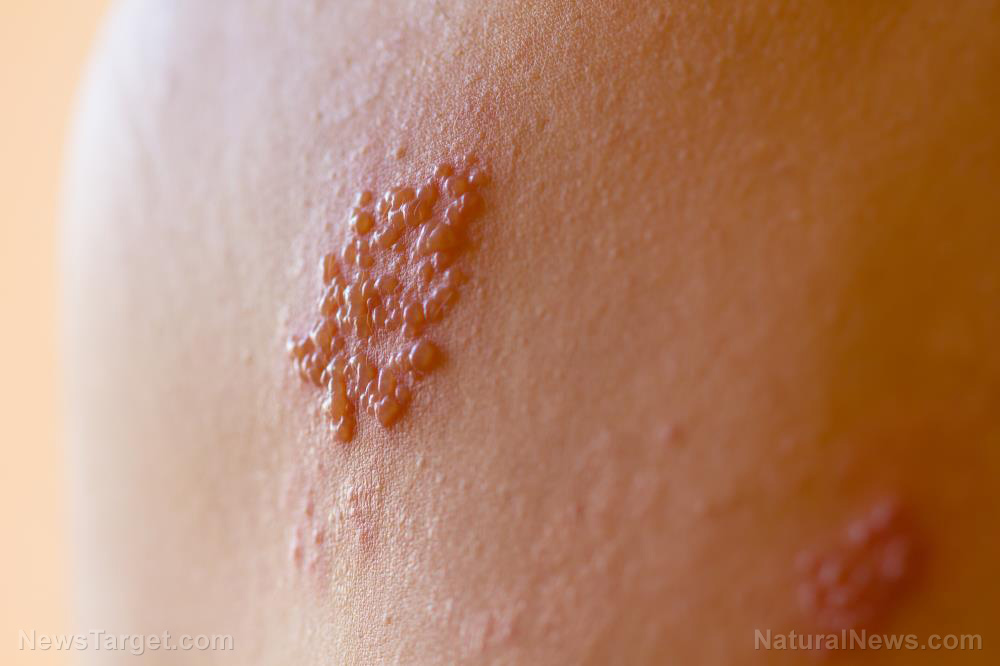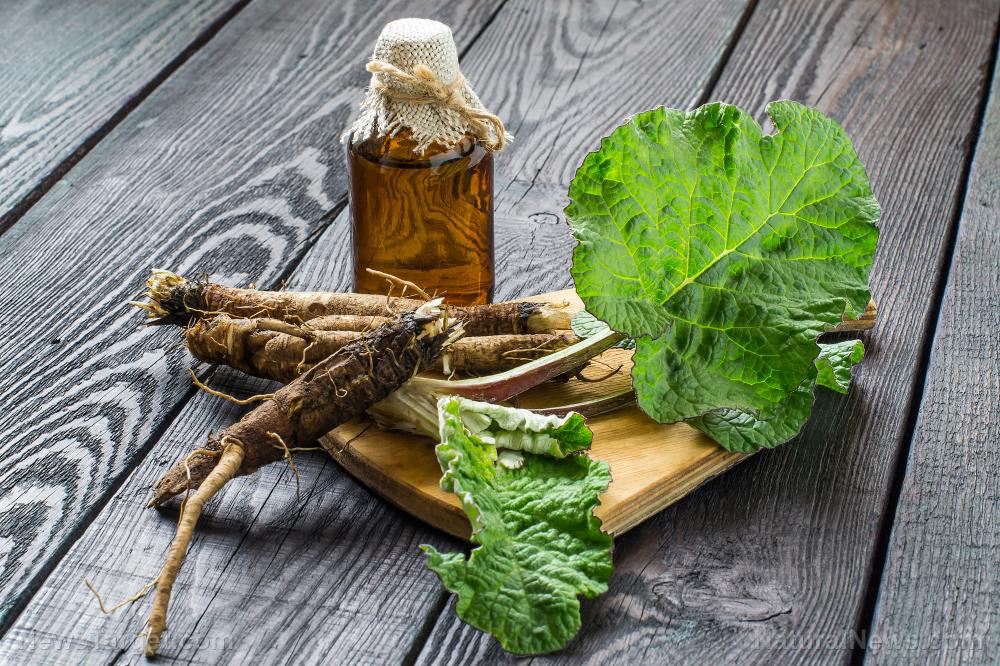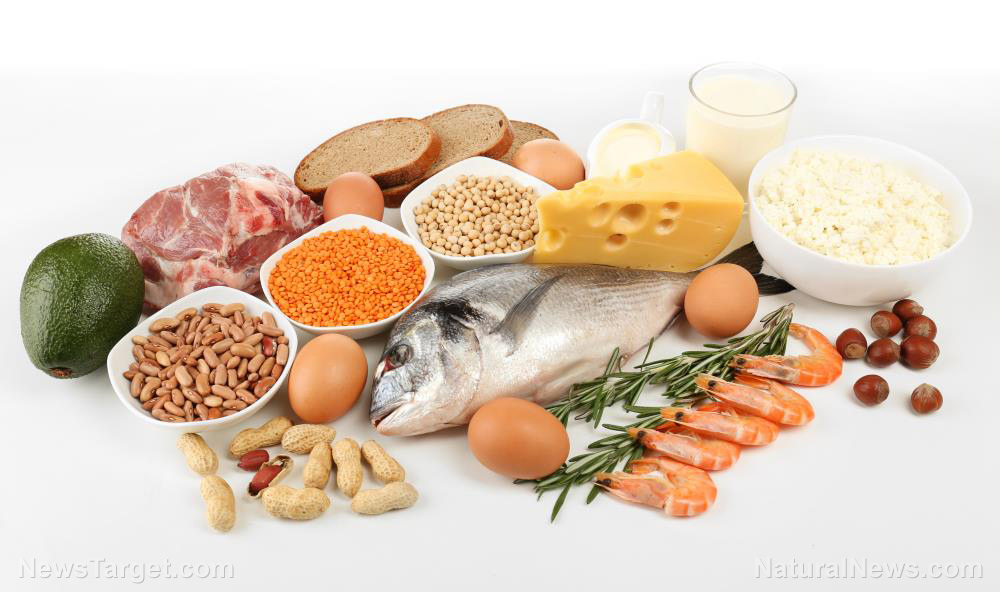Roses are red, violets are blue: Manchurian violets are good for your heart and liver, too
06/04/2019 / By Evangelyn Rodriguez

Atherosclerosis is a vascular disease caused by the buildup of cholesterol and other substances along the arterial walls. It is strongly associated with hepatic steatosis or the accumulation of fat in the liver due to common risk factors, such as metabolic syndrome, obesity, and diabetes mellitus. In a recent study, researchers from the Korea Institute of Oriental Medicine investigated the therapeutic potential of a species of violet known as Viola mandshurica or Manchurian violets in treating atherosclerosis and hepatic steatosis. The results of their study were published in The American Journal of Chinese Medicine.
Medicinal properties of Manchurian violet
V. mandshurica or Manchurian violet is a perennial, flowering plant from the family Violaceae. It is widely distributed in Japan, China, Korea, northern Russia, and eastern Siberia. The petals of Manchurian violets have a distinct dark-violet color. Because of this, they are grown in many parts of Japan as an ornamental plant.
The Manchurian violet is also considered a medicinal plant. Its anti-inflammatory property is considered effective against bronchitis, rheumatism, skin eruptions, and eczema. In traditional Korean medicine, extracts from this plant are used to promote blood circulation, remove blood stasis, and protect the liver.
Various studies have been done on Manchurian violet and its medicinal properties. It is already established as an expectorant, a diuretic, and an anti-inflammatory agent. The ethanol extract of Manchurian violet is said to prevent high-fat diet-induced obesity in mice. The chemical constituents of its aqueous and ethanol extracts can also suppress lipogenesis in obese mice, suggesting that it can be used to treat obesity. Acetone extracts of Manchurian violet also display neuroprotective activity in vitro.
The power of the elements: Discover Colloidal Silver Mouthwash with quality, natural ingredients like Sangre de Drago sap, black walnut hulls, menthol crystals and more. Zero artificial sweeteners, colors or alcohol. Learn more at the Health Ranger Store and help support this news site.
Manchurian violet extract can reduce lipid accumulation in the arteries and the liver
To investigate the therapeutic effect of Manchurian violet on atherosclerosis and hepatic steatosis, the researchers used water as extraction solvent and obtained plant extracts. They fed apolipoprotein E deficient (ApoE???) mice a high-fat diet and treated them with the Manchurian violet water extracts. The researchers observed that administration of the water extracts reduced the following:
- Body weight
- Liver weight
- Total cholesterol
- Low-density lipoprotein-cholesterol
- Triglycerides
- Glucose
- Alanine transaminase (ALT)
- Aspartate transaminase (AST)
ALT and AST are known markers of liver disease. Both enzymes are normally present in the blood at low levels. An increase in serum ALT and AST indicates liver damage.
The researchers also did histopathological analyses of the aorta and liver of mice. They found that Manchurian violet water extracts attenuated atherosclerotic lesions on both organs and reduced lipid accumulation, inflammatory responses, and fatty acid synthesis. Furthermore, treatment with the extracts increased the phosphorylation of adenosine monophosphate-activated protein kinase (AMPK). This, in turn, reduced acetyl-CoA carboxylase (ACC) in the liver tissue and inhibited sterol regulatory element-binding protein 1c (SREBP-1c).
AMPK is an enzyme that regulates the coordination of anabolic processes. Impaired regulation of AMPK is linked to the development of metabolic syndrome and Type 2 diabetes. On the other hand, activation of AMPK showed to improve glucose and lipid homeostasis in insulin-resistant animal models. (Related: Extracts from the common violet found to reduce body fat.)
ACC is an enzyme that regulates fatty acid synthesis and fat storage in the liver. Inhibition of ACC can prevent hepatic steatosis that leads to fatty liver.
Aside from preventing fat accumulation, treatment with Manchurian violet extracts also reduced the expression of adhesion molecules (intercellular adhesion molecule-1, vascular cell adhesion molecule-1, and E-selectin) as well as ACC, fatty acid synthase, and SREBP-1c, which is a key regulator of lipogenic gene transcription. Upregulation of this protein affects lipid metabolism in the liver and contributes to the development of metabolic syndrome.
Quantitative analysis of Manchurian violet using high-performance liquid chromatography revealed the presence of esculetin and scopoletin. The researchers reported that esculetin and scopoletin reduced adhesion molecules in human aortic smooth muscle cells. Both esculetin and scopoletin are coumarins, a family of phytochemicals known to possess anti-inflammatory, antimicrobial, and antitumor activities.
Based on these results, the researchers concluded that the the anti-atherosclerotic effects of Manchurian violet are associated with the activation of the AMPK pathway. They also believe that the AMPK-dependent phosphorylation of SREBP-1c by this medicinal plant is an effective therapeutic strategy for combating atherosclerosis and hepatic steatosis.
Sources include:
BMCComplementAlternMed.BiomedCentral.com
Tagged Under: alternative medicine, arteries, atherosclerosis, cholesterol, diabetes, disease treatments, fatty liver, fightobesity, heart disease, heart health, hepatic steatosis, herbal medicine, Herbs, high-fat diet, liver disease, liver health, Manchurian violets, natural cures, natural medicine, obese, obesity, prevention, remedies, research


